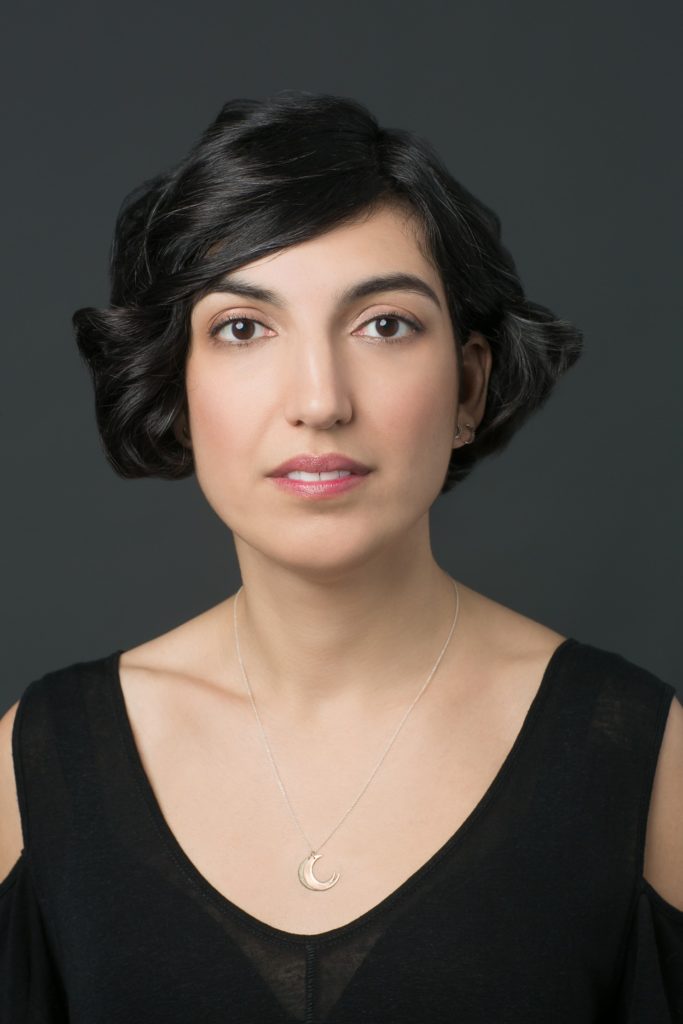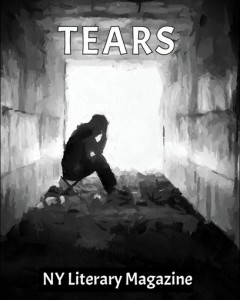In understanding any work of fiction, the consideration of words and language is, at minimum, implicitly essential—words allow the writer to build the fictional world and create the atmosphere that readers turn to when examining a text. While understanding words and their effects is central to any effort toward thoughtful reading, rarely does a book urge the reader to consider words and language the way Elif Batuman’s The Idiot does.
Selin, a first-year student at Harvard University, grew up in the United States. Her family, however, comes from Turkey, and she feels that “different languages forced you to think about different things. Turkish, for example, had a suffix, -mis, that you put on verbs to report anything you didn’t witness personally.”
At Harvard, Selin studies Russian and linguistics, considering the academic debates surrounding the way language shapes human experience.
As Selin learns new languages, teaches English to others, and communicates with Hungarian love interest Ivan, language becomes more than the writer’s tool for creating a story—language becomes a force as complex, powerful, and beyond understanding as the people in Selin’s life. In The Idiot, which follows Selin through her first year of college and into her summer travels, the invisible effects of language are made visible under Selin’s scrutiny.
It is also this scrutiny that elevates the often quotidian plot events into moments that prompt a new way of thinking or resonate in the way they acutely distill some profoundly human personal phenomenon.
At one point, for example, Selin points out that “all the kids in the class, even the bullies, rooted for Dumbo, against Dumbo’s tormenters…But they’re you, I thought to myself. How do they not know?”
She discusses the nature of literature classes and their implication that “it was somehow naïve to want to talk about anything interesting” and questions the nature of beauty: “Why was ‘plain’ a euphemism for ugly, when the very hallmark of human beauty was its plainness, the symmetry that always seemed so young and innocent.”
Selin’s ability to explicitly raise questions about and analyze human experience is matched by Batuman’s ability to more implicitly represent a feeling or complexity, as she does when Selin feels conflicted. For example, when Ivan remarks that he resents the older women who take his seat on the bus while he’s reading because he knows they aren’t thinking about anything and he is, Selin says, “I never think I deserve the seat more because I’m reading a book.” Then, “worried this might sound self-righteous,” she says, “Maybe it’s just because I don’t read on the bus, it makes me carsick.”
When she wins a short story contest, Selin “liked that [she] had won,” but she feels nervous about her story being published because “didn’t want anyone to think [she] thought it was good.”
Under Batuman’s hand, Selin becomes a character at once singular and recognizable, her insights new but her feelings often resonant in the way they represent the experience of being of two minds, of wanting to be right or to be celebrated but also not wanting to be thought arrogant or self-righteous.
Selin remarks that though she is nineteen, “it might take more than a year—maybe as many as seven years—to learn to feel nineteen,” and in the same way, it takes the course of the book to understand who Selin is—or rather, to come to terms with not entirely understanding who Selin is, just as Selin cannot understand Ivan and just as Selin feels at the novel’s end that she hasn’t “learned anything at all.”
The Idiot forces the confrontation of complexity and unknowability in such a way that each moment is worth the reader’s while—Batuman makes everyday trials new again with her nuanced infusion of intellect and emotion.
The book can be purchased here. An audiobook read by the author is also available.
About the Author Elif Batuman

Elif Batuman is a staff writer for The New Yorker and the author of The Possessed, a collection of humorous essays about her graduate study of Russian literature at Stanford University and abroad.
Between 2010 and 2013 she was a writer-in-residence in Turkey, where her parents grew up, and she now lives in New York. The Idiot is her first novel.










